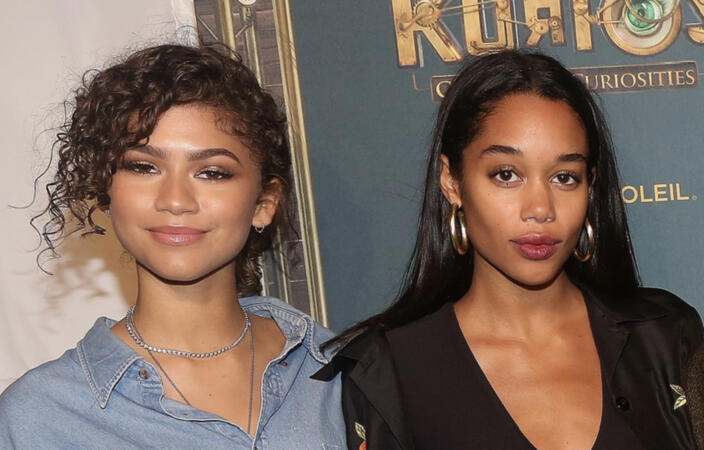Laura Harrier is opening up about how colorism has affected her career.
While many, including Zendaya, have made arguments about how colorism have helped lighter-skinned actresses, Harrier said that both she and Zendaya have also suffered still from the racism that comes with being similar skin tones.
When discussing how colorism has played a part in her career, she admitted that she and her ‘Spider-Man: Homecoming’ co-star have often been mistaken for each other.
“I do think [colorism in the industry is] something that’s slowly starting to change, but even when we were doing Spider-Man, I would get called ‘Zendaya’ all the time. People wouldn’t even take the time to differentiate us,” she said, according to Atlanta Black Star.
"It got to the point where we would joke about it a lot," she continued. "What else are you gooing to do but laugh because it's so completely ridiculous."
Earlier in the interview, Harrier talked at length about colorism in the industry, saying, “Some of the most successful actresses of color tend to be on the lighter side, and that’s definitely not okay.”
"There are so many facets to the Black experience," she said.
“There are so many ways that Black people look, and only having one narrow view is something that I think is ultimately putting everybody at a disadvantage–we’re only shortchanging ourselves when we don’t show a diverse range of stories and a diverse range of people onscreen.”
Zendaya talked about colorism and how she exercises personal responsibility with her privilege in 2020.
She said that she asks her agents to put her name in the running for a multitude of roles, even if the role calls for a white woman to play the character, in order to not take up space from darker-skinned Black actresses.
“I also think it’s important being a light-skinned woman to recognize my privilege in that sense as well and make sure that I’m not taking up space where I don’t need to,” she said. “I think that’s been a choice for myself…so I’m very grateful and hopefully I’ll be in a space…where I can create things and make space for other women who look like me and women who don’t look like me. That’s the ultimate goal, to make room, [because] for a lot of Black creatives, it’s not a lack of talent but a lack of opportunity.”

